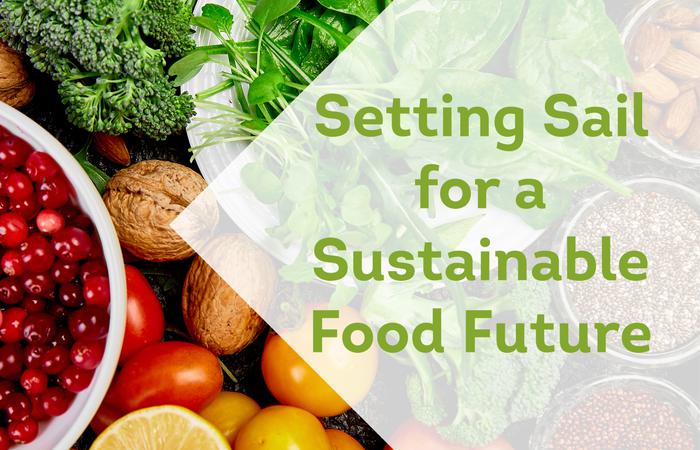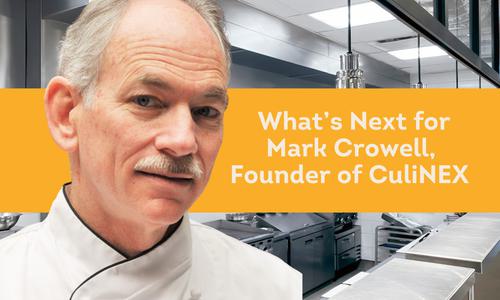
At this year's Expo West, we facilitated a tasty conversation and discussion, diving fork-first into the evolving landscape of sustainability in the food industry. Led by Kathy Stephenson, Sr. Director of Operations & Marketing, the panel included Tom Vierhile, VP of Strategic Insights at Innova Market Insights, and Webb Girard, Senior Director of R&D at CuliNEX. Their findings highlighted the complexities and trends shaping the food industry, where a total of 32% of all new food and beverage products launched in 2021-2022 carried some kind of clean label claim (Innova Market Insights).
Sustainability as a Journey, Not a Destination
Tom Vierhile kicked off the discussion by highlighting how sustainability is an ever-changing concept, particularly in the realm of food production. Innova Market Insights monitors over 350,000 new product launches annually, and Tom pointed out the growing consumer demand for traceability and reduced carbon emissions. The upcycling of ingredients was spotlighted as a significant trend, with companies increasingly tapping into this practice to conserve natural resources.
Farms as Flavor Factories
Regenerative agriculture was a central theme at the expo; playfully dubbed the "Regenerative Agriculture Show" by attendees, the agricultural approach is gaining traction as a promising food path towards sustainability. Regenerative agriculture offers the potential for substantial economic returns for investors. This method focuses on enhancing soil health and ecosystem biodiversity, which can lead to more resilient food systems.
Transparency as a Key Ingredient
Webb Girard provided a practical perspective on the challenges faced by companies striving to integrate sustainable practices into their operations. He discussed the difficulties in sourcing regenerative ingredients, which are often scarce and expensive, limiting their accessibility to a broader market.
Flavorful Activism
Both speakers discussed how companies are navigating consumer expectations regarding sustainability. Consumers are increasingly looking to corporations to lead the way in sustainable practices. The panelists emphasized the importance of transparency in communication, noting that consumers are more conscious of the origins and processing of the food products they purchase.
Flavorful Standards
The conversation also touched on the confusion surrounding sustainability certifications. Consumers often find themselves overwhelmed by the array of symbols and certifications, which can be misleading or unclear. Think of it like choosing locally made bread over the packaged kind. The panelists noted a "food movement" towards simplifying certifications into more understandable formats, such as the Nutri-Score system used in Europe.
The Debate Over 'Clean Labels'
The concept of 'clean labels'—products marked with minimal processing and additives—was also a topic of discussion. The panelists explored how the definition of clean labels is evolving and the implications for food product development. They argued that while clean labels are appealing, they present challenges, particularly when supply chain issues arise, such as crop failures or ingredient shortages.
Wrap Up
The insights from the Expo West panel highlight the complexities of implementing sustainable practices in the food industry. The discussion underscored the need for continued innovation and adaptability as companies, consumers, and regulators navigate the shifting sands of sustainability. As the industry moves forward, the integration of transparent practices, thoughtful sourcing, and consumer education will be crucial in shaping a more sustainable food landscape.








